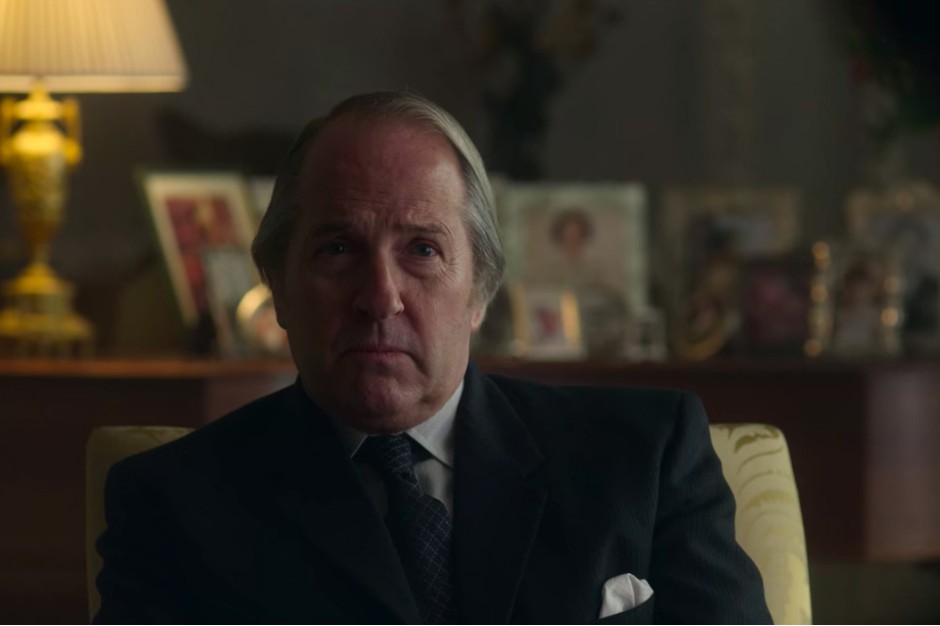In the third season of the Netflix series “The Crown,” the story spans the mid-1960s to the late ’70s, a period that allows producers to draw on a rich array of popular music. American songbook standards give way to rock anthems by the Kinks, the Four Seasons, Deep Purple, the Who and David Bowie, among others. As in the first season and second season, music is often tied to on-screen sources, as when Princess Anne blasts Bowie’s “Starman” on a car radio as she speeds to the palace one night.
Classical music also makes a notable appearance in “The Crown” Season 3. Episode 9, subtitled “Imbroglio,” focuses on the coal miner’s strike of 1974. Conservative Prime Minister Edward Heath has installed a Steinway grand in 10 Downing Street and it becomes a symbol in a standoff between striking miners and his government.
After a prologue involving Prince Charles and Camilla Shand, the episode begins with a flashback to 1925, when Heath, then age 8 or 9, is given his first piano as a birthday gift.
“Thank you, but we can’t afford it,” the surprised boy protests to his mother. “Give it a go,” she responds. He launches into an immaculate rendition of Chopin’s Prelude, Op. 28, No. 15, the “Raindrop.” After a few chords, we’re back in 1972. Chopin’s roiling sonata continues under a raucous demonstration by the mineworkers. A TV reporter explains how a blockade threatens to cut off the government’s last remaining stockpile of coal.
The deftly edited scene then toggles between a somber Queen Elizabeth (Olivia Colman) watching the protest on TV and Heath (Michael Maloney), alone and playing Chopin, with several closeups of the glossy keyboard.
Class Assumptions
Heath clumsily believes the impasse with the miners will run its course. Not quite. Later, the mineworkers sit opposite Heath and his team at a conference room table in No. 10. Union representative Arthur Scargill raises the fact that the prime minister plays the organ and the “pianoforte.”
“What smooth, elegant hands you have,” says Scargill. “You ever seen a pit, Mr. Heath?”
“Of course.”
“Not on the television. In person.” Heath shakes his head and Scargill reaches into his pocket and produces a grimy lump of coal.
“The next time you’re playing in the cathedral,” says the miner, “having lofty thoughts in the heavens close to God, think of my members, my comrades, down there in the darkness, in the heat, digging for coal, because when they go to work and break their backs and risk their lives, they’re nowhere near God.”
Heath comes around to his retort: “You can make simple assumptions about who I am by virtue of the fact that I play the organ,” he says. “My parents couldn’t afford to buy a piano for me. They had to pay for it in installments from a shop in Margate. No, let’s not waste time on bogus disagreements about a class struggle between you and me.”
The meeting ends in a standoff. Nationwide blackouts are soon announced. Breaking protocol, Elizabeth scolds Heath for his stubbornness and lack of empathy.
At the episode’s climax, we hear Beethoven’s Piano Sonata No. 14 in C sharp minor (‘Moonlight’) as Elizabeth and Philip celebrate their 25th wedding anniversary. As she speaks before an opulent banquet, we then see Heath at the piano, with more close-ups of his round hands, Prince Charles (alone and miserable) and Camilla (marrying Andrew Parker Bowles, after some royal scheming).
Edward Heath, the Musical Prime Minister
Growing up in the town of Broadstairs, Heath sang in a local parish church, conducted choirs a teenager, and was accepted to Oxford as an organist and music scholar. Though he gave up music for politics when the war broke out, he kept up his musical activities. In 1971, he conducted the London Symphony Orchestra in Elgar’s Cockaigne Overture and Wagner’s Die Meistersinger overture.
Heath’s working-class roots certainly belied the notion that classical music is a pastime for the upper crust. Though his time as leader of the Conservative party was turbulent and relatively brief (1970-74), he has said that he found a peace of mind in performing. In 1976, he wrote a book, “Music: a Joy for Life.” An Associated Press video showcases his conducting skills, at a Christmas party in 1971:
Photo: Michael Maloney as Edward Heath (Netflix).
Updated 12/18. The sequence of the Chopin and Beethoven selections have been updated.


Leave a Reply